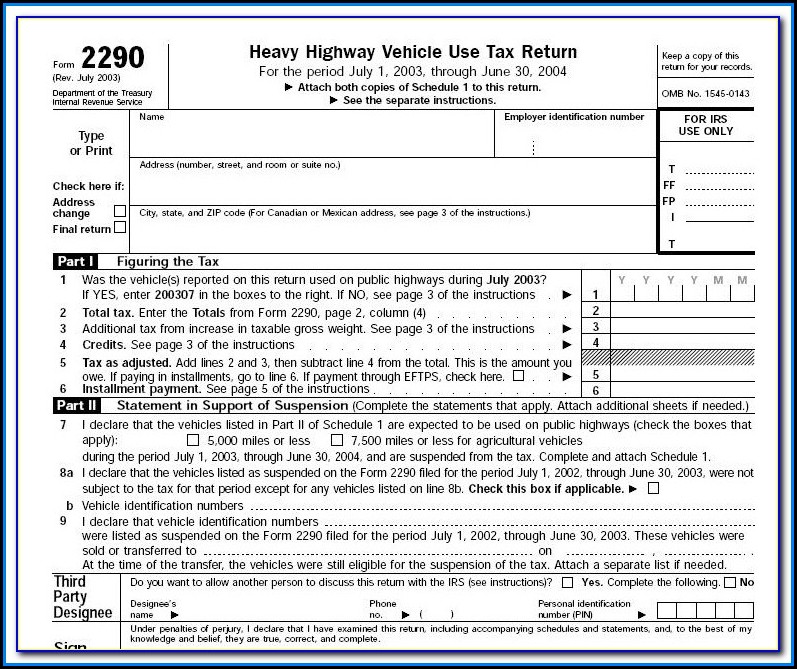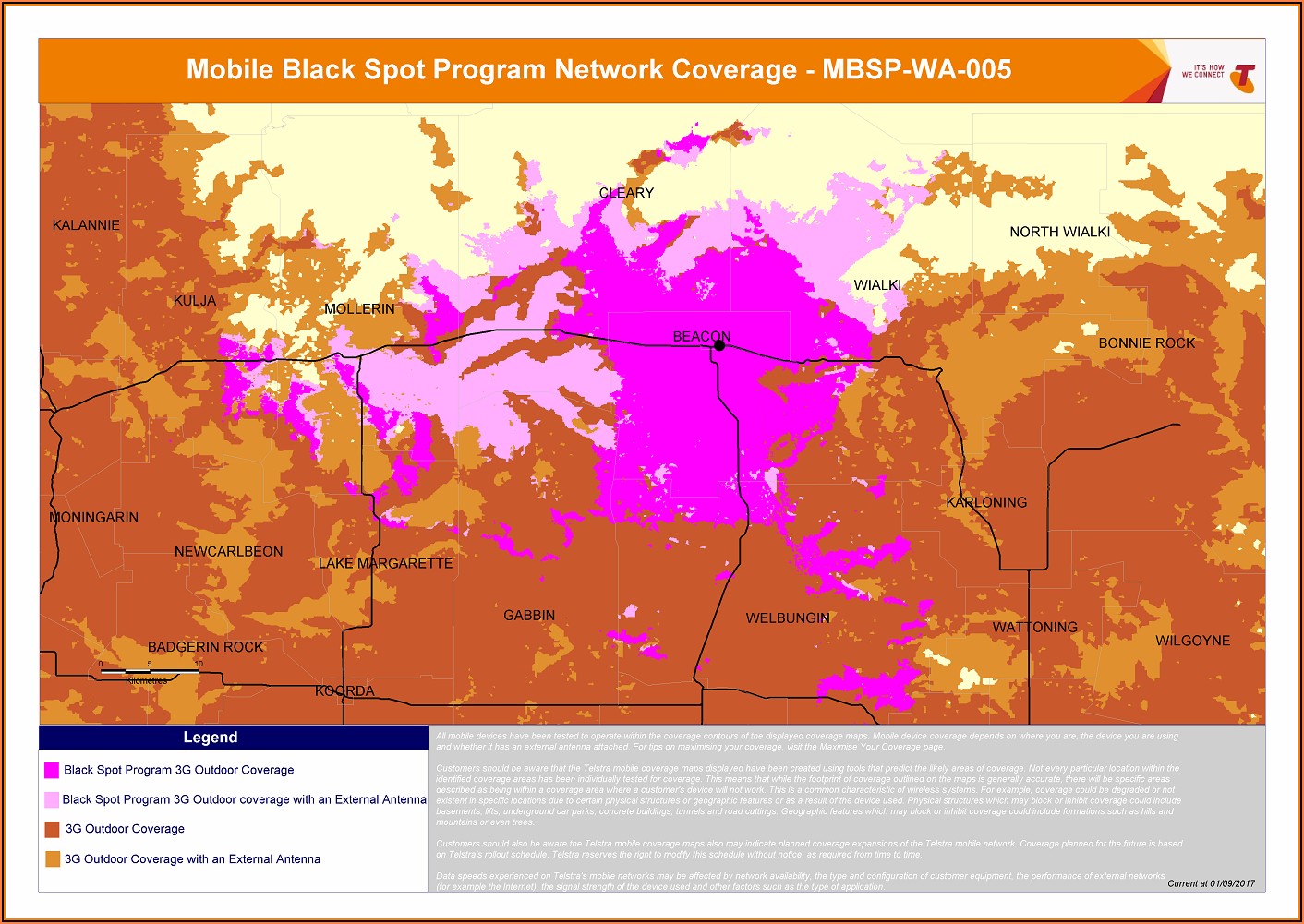
It’s easy to make bad phone calls when you work with others. These seven smart telephone habits can reduce the risk.
1. Modulate your telephone voice.
Remember that you are not working in a closed environment. Everyone around you is trying to work, and they won’t be able to do so in a noisy environment with loud conversations and loud laughter. Your voice should be as low as possible, but you still need to sound natural and friendly to the caller.
2. Answer the phone as soon as you can.
Do not pick up after the third ring, but it is better to do so sooner. Co-workers can be stressed if their phones keep ringing. The stress level rises when multiple phones in the workplace ring at once.
3. Be respectful when using your portable phone.
Be discrete and not overbearing. Do you remember the last time you saw a cell-phone user at a social event or meeting that seemed to be completely unaware of everyone around him/her? It was annoying, wasn’t? To minimize distractions, you can set your cell phone to silent-alert mode or reduce the volume. Etiquette requires you to tell others that you will disrupt a meeting. If you get a call, please leave the room and/or move to a private space during your conversation.
4. Reduce personal phone calls to a minimum
It is not only cheating to talk on company time with your family and friends, but it can also distract your coworkers. It can also prevent you from fulfilling your work commitments.
Personal calls should be handled according to company policy. As few personal calls as you can. Only ask your family and friends to contact you at work in an emergency.
5. When you are unable to answer calls, use the “call forwarding” feature of your telephone system.
You won’t be bothered by your phone ringing repeatedly when you aren’t there. You can notify your coworkers if you don’t have call-forwarding. Give the caller any information you need. This could be an alternative number, where you are right now, or when you will return to your desk to answer the call.
6. When you receive calls or messages from others, be professional.
While you are speaking with the caller, write the message. You may forget important points if you wait to respond later. Make sure you get the correct name, phone number, and the best time to return your call. As you would with a friend or family member, be friendly, helpful, and courteous.
7. Reduce your stress at work.
After dealing with a difficult caller, don’t get frustrated and slam the receiver. You can deal with stress in other more productive ways such as meditation or a walk down the hall at lunchtime.
















